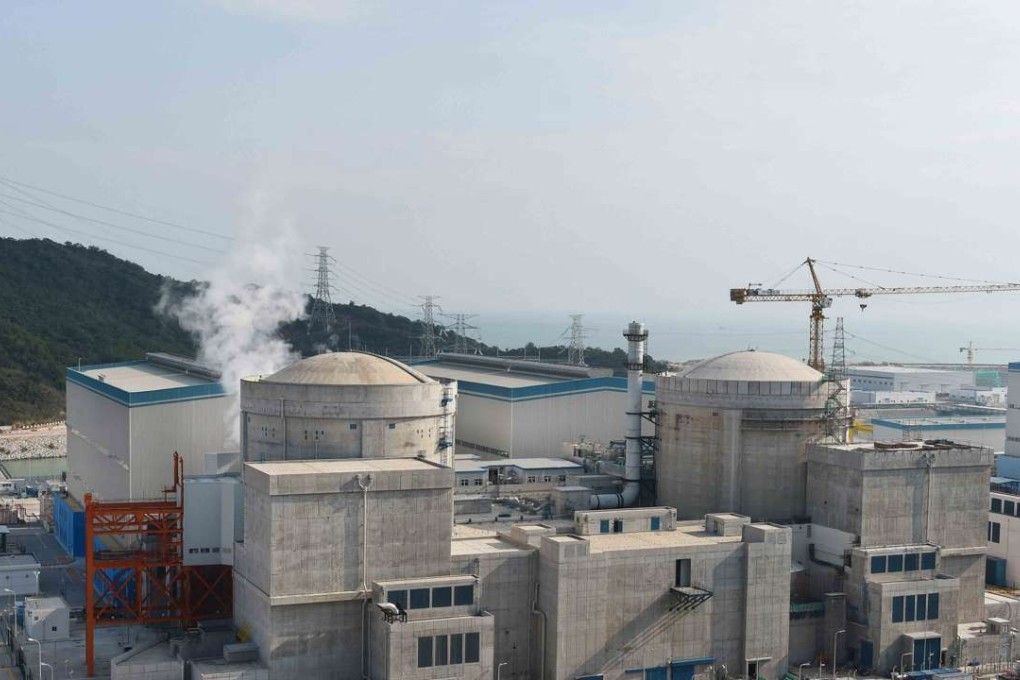Technician shortage in China ‘threatens nuclear plant safety’
Cover-up of a mishap in a nuclear power plant west of Hong Kong triggers concerns over a shortage of nuclear technicians, experts say

A recently discovered cover-up of a mishap in a nuclear power plant about 200km west of Hong Kong has triggered concerns over a shortage of nuclear technicians that may threaten the safety of the plants, industry insiders said.
There was a pressing need in China to train more nuclear engineers and other technicians as the nation spearheads efforts to build more reactors to meet its energy needs and greenhouse gas emission reduction targets.
The cover-up of a pump failure in March 2015 at the Yangjiang nuclear power station in Guangdong province was only made public in May this year when the environment ministry announced that was holding four operators responsible. The team leader lost his senior operator’s licence and was moved to a less sensitive post, while the remaining three received warnings.
In a statement to the South China Morning Post on Thursday, China General Nuclear, which owns the Yangjiang plant said they had been kept in the dark for nearly a year about the pump failure. The company only found out the incident in February during a “self-inspection, self-correction campaign,” it said.
Experts and industry insiders said a cover-up or a delay in reporting an incident should technically not happen because of strict safeguards and the fact that a pump failure could potentially lead to a shutdown of the power plant – making it more difficult to keep it at the dark.